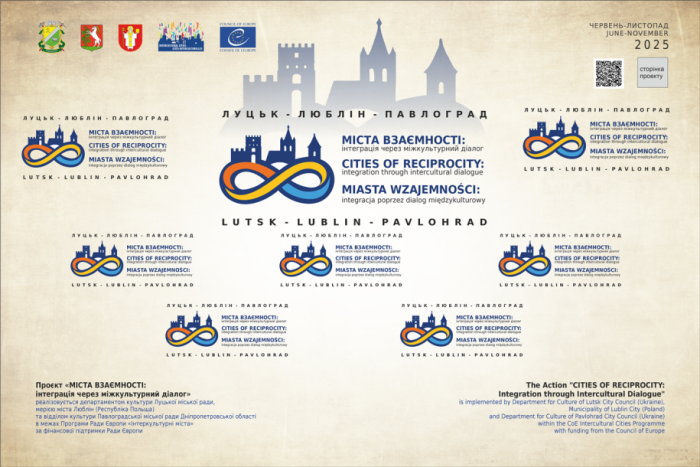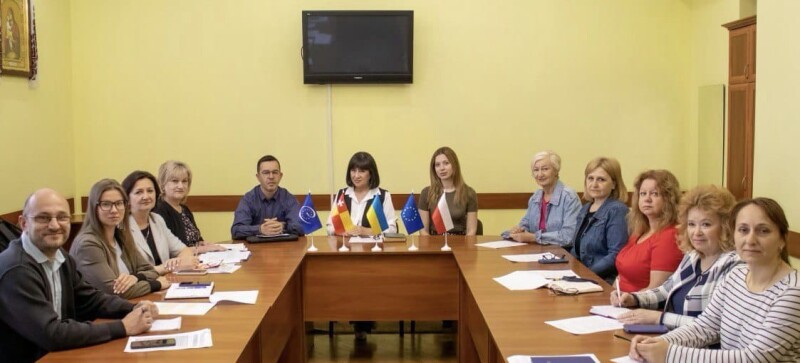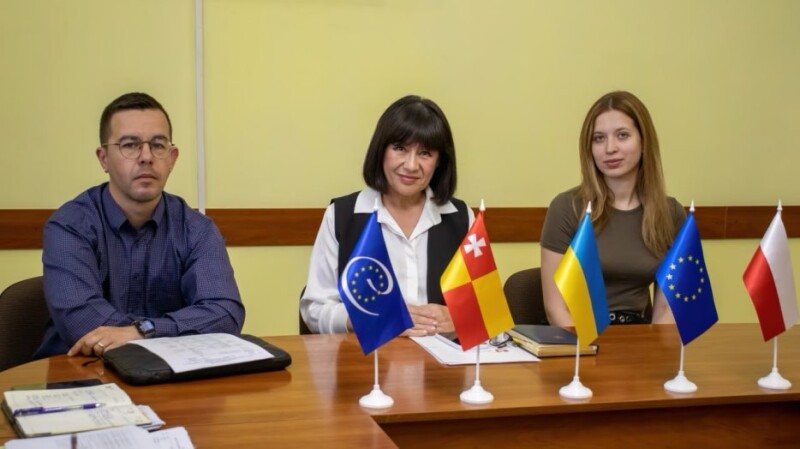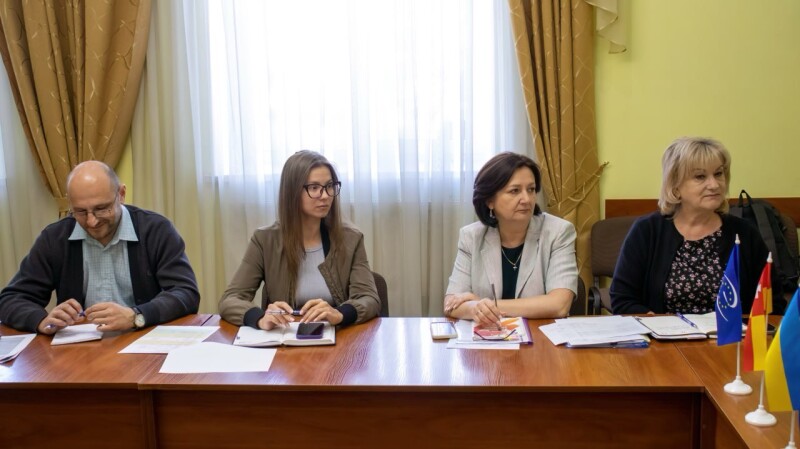Department of culture launches Council of Europe grant project “CITIES OF RECIPROCITY: Integration Through Intercultural Dialogue”

The key areas of focus and the action plan for the near future were discussed during the first working meeting led by Tetiana Hnativ, Head of the Department of Culture, as part of the launch of the Council of Europe grant project “Cities of Reciprocity: Integration Through Intercultural Dialogue.”

Special attention during the meeting was given to organizing the project’s first event – the opening conference titled “Integration Through Dialogue: Challenges, Opportunities, Solutions,” which will take place on June 30.

Background:
The project “Cities of Reciprocity: Integration Through Intercultural Dialogue” is being implemented within the framework of the Council of Europe’s “Intercultural Cities” programme, in partnership with the intercultural cities of Lutsk, Pavlohrad, and Lublin (Poland).
Representatives of other intercultural cities in Ukraine – including Vinnytsia, Sumy, Odesa, and Melitopol – will also be involved in certain project activities.

The project focuses on supporting internally displaced persons (IDPs), especially members of national communities and people with disabilities who have been affected by the war in Ukraine.
The aim of the initiative is to create an environment of mutual support and understanding, strengthen social cohesion, promote the intercultural approach, and foster partnerships between communities in Ukraine and the European Union.
Among the planned activities, to be implemented through November of this year, are: a training module “The Art of Dialogue: Basic Mediation Skills for Intercultural Communities”; an educational course for IDPs “Ukrainian Language and Local Traditions”; a public event “Multivoiced Lutsk: Language, History, and Traditions of Lutsk’s Communities”; an Intercultural Forum in Lutsk; additional trainings, art therapy sessions, and intercultural events in the partner cities.
This post was prepared with the financial support of the Council of Europe. The views expressed herein can in no way be taken to reflect the official position of the Council of Europe.
Department of Culture,
Department of International Cooperation and Project Activities
